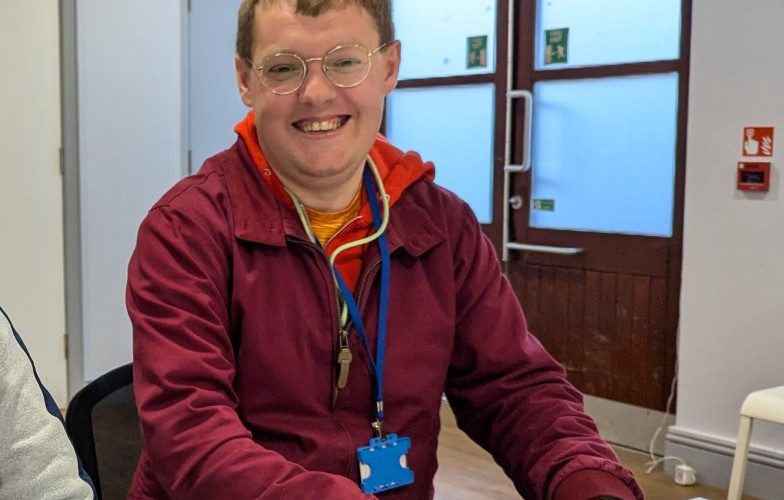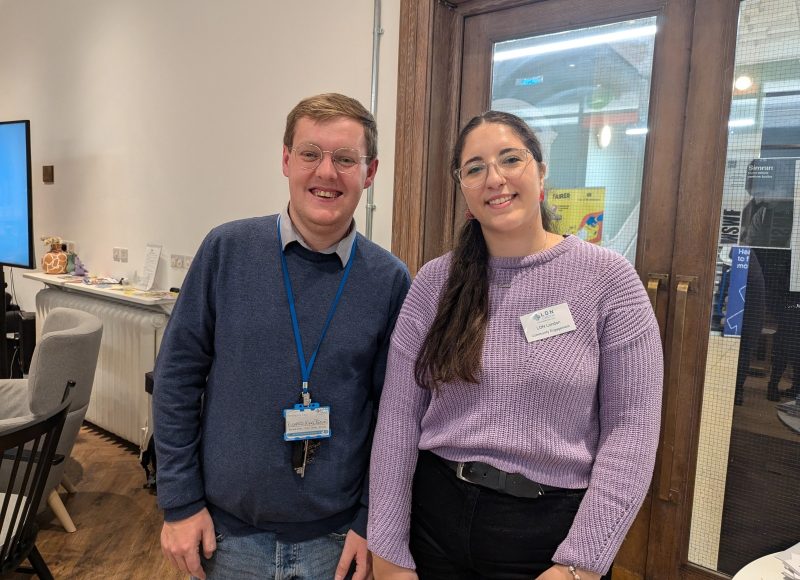
Richard provides health training to organisations about how to better support people with learning disabilities.
He has been a co-trainer for the Oliver McGowan programme for around two years.
Richard, who regularly comes to LDN London’s Community Hub, has educated organisations including NHS hospitals and the police. He teaches them about subjects including hospital passports, using simple words, and learning about how people like to communicate.
Oliver McGowan was a young autistic man, with a mild learning disability, who sadly died after he was given the wrong medication by hospital staff. They didn’t listen to his family’s wishes or warnings. Since 2022 all NHS and social care staff must do training about supporting autistic and learning-disabled people.
“The hospital staff thought they knew better”, Richard says, “So, they didn’t read his hospital passport or listen to the family. They gave him medication he wasn’t supposed to take. They didn’t look after him very well.”
Richard says that it can make him feel sad to think about Oliver: “He was going to be a lot of things. He was the captain in football. He had a lot going for him. At the end he couldn’t do that.”
When they were talking to Oliver McGowan the staff “used long hospital words”, Richard says. “Even his parents were thinking ‘What?’
Health and care staff need to use simple language that’s right for people with learning disabilities, he says: “It’s fine if you’re talking to another doctor or a nurse, but not to say to someone with a disability.”

Richard is autistic and has learning disabilities and ADHD. He says that it’s important that autistic people and people with learning disabilities run this training. “A lot of people can read a book but hearing it from someone with a disability is better. Then it’s coming from someone who is living it. Then you’ll know it’s the truth.”
“It’s also important so that NHS staff will understand what disabilities are because everyone has a different disability, not everyone has the same disability. My one is hidden.”
Richard has had positive feedback from people who have come to his workshops: “After the training some staff have said it’s changed the way they look at people (with a learning disability),” he says.
“There’s still a lot of work to be done” he adds. Hospitals still send him letters which are too long, for instance.
As a co-trainer he is doing that work and helping bring about change.